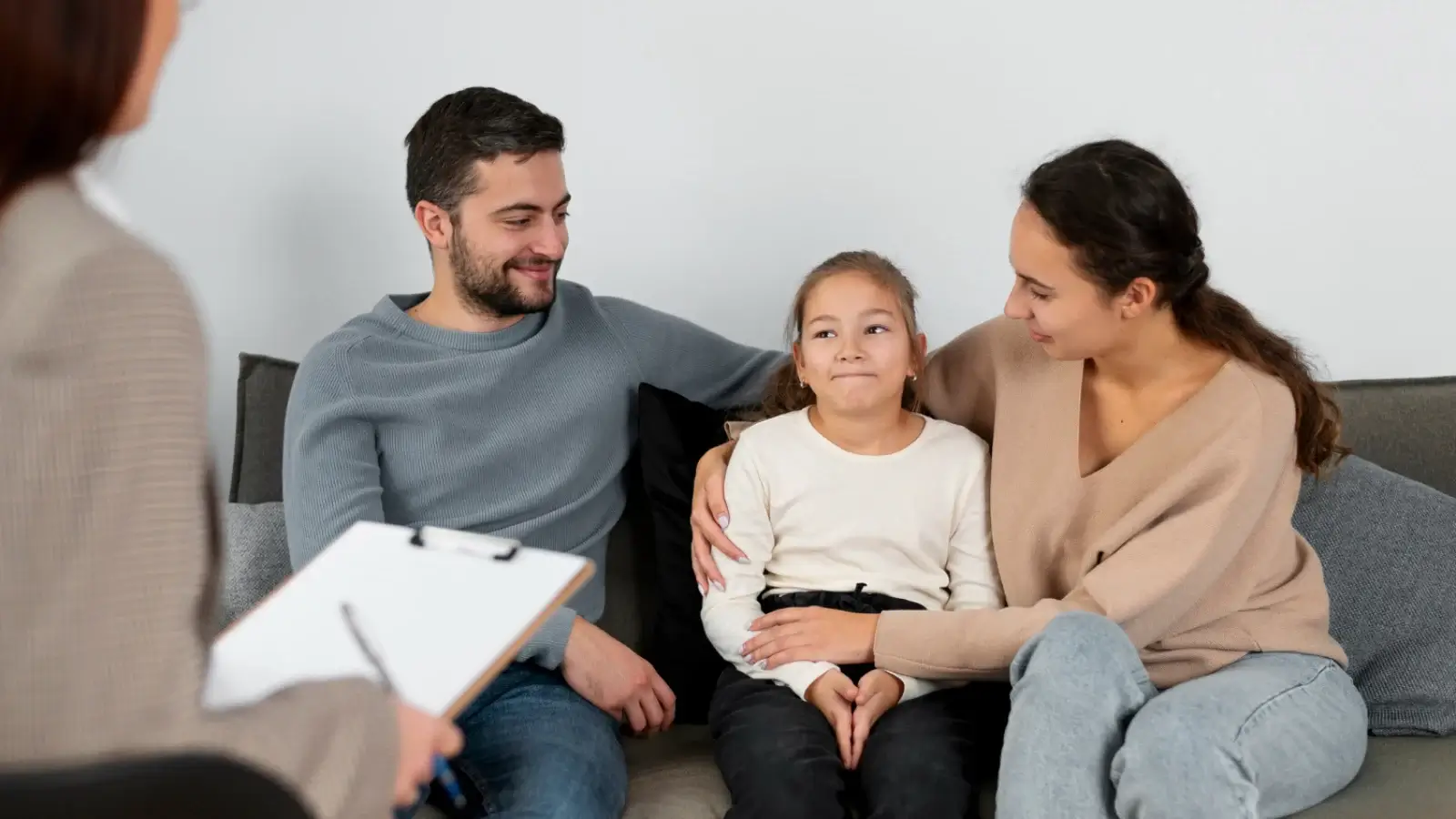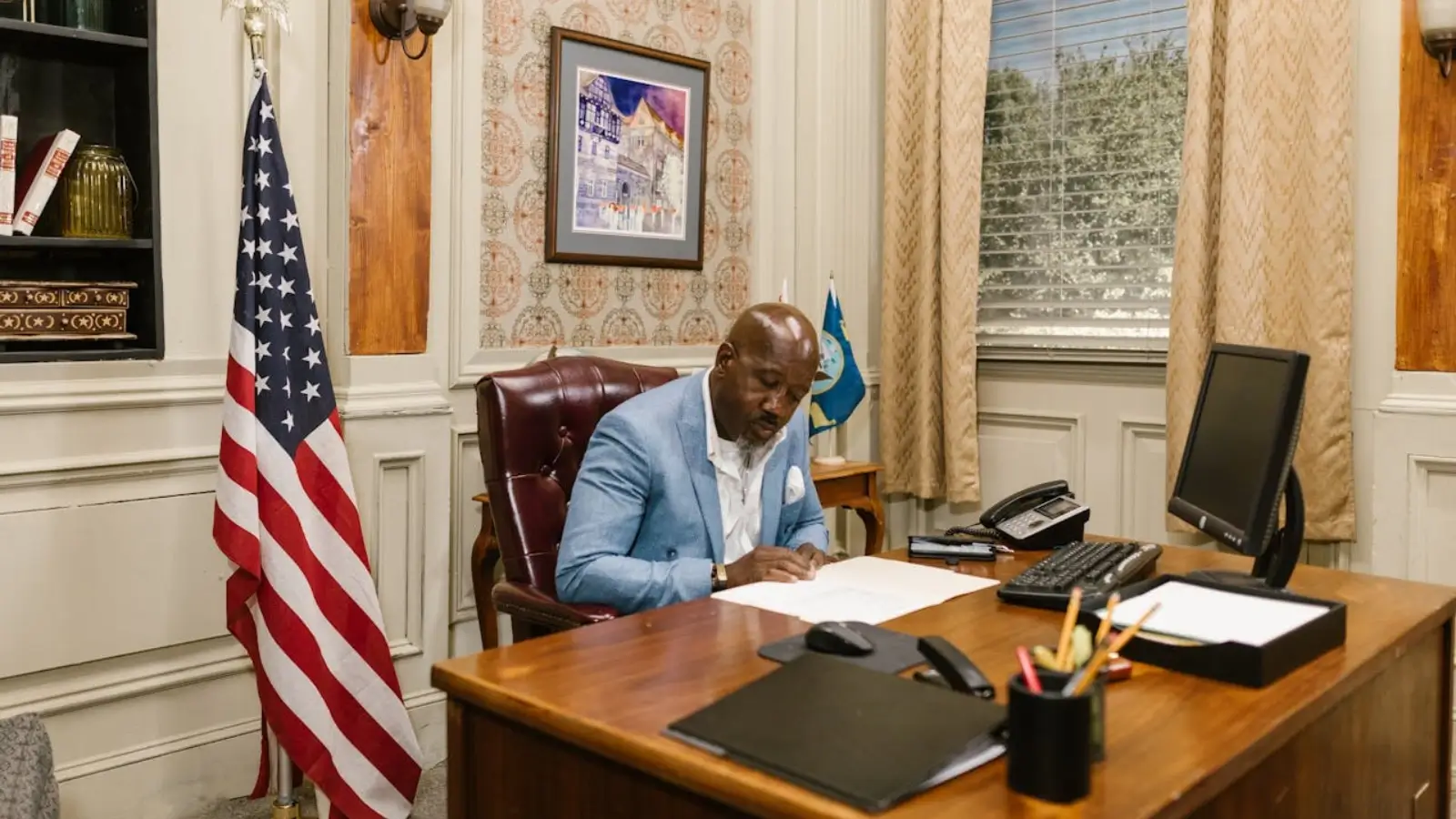Most children would live with both parents in a loving family setting if it were up to the children. Sadly, this scenario is not always possible, as almost half of all marriages end in divorce.
The second best scenario would be an amicable divorce, which results in minimal fights over children's custody. Sometimes, the courts have to issue custody orders based on the child's best interests, and child custody evaluation can become necessary.
If you hear about Florida child custody evaluation for the first time, this guide can help you understand what it is and what you can expect.
Understanding Child Custody
A Florida child custody evaluation determines the suitability of the living conditions of both parents. In most cases, the evaluation is conducted by a mental health professional but can also be conducted by a court-appointed family attorney or a social worker.
It involves interviews with parents and the child and with other individuals with pertinent information about a child's life, such as their teachers, nanny, etc. Evaluators may also review documents such as health records, and criminal records and observe how a child interacts with the parent. They then use their deductions from the interviews and observations to create a report and recommendations that guide the court.
Child custody evaluations can be quite costly. The court considers several factors when determining which parent foots the bill. In some cases, the bill is split between the two. In other cases, one spouse takes the larger share of the bill based on their resources. At other times, the parent who requested the evaluation foots the bill.
Preparing for Custody Evaluations in Florida
Considering a child custody evaluation report's influence on your custody case, you must be adequately prepared for it to make the best impression.
“Evaluators cannot show any bias regarding gender, sexual orientation, color, or religion, so you do not have to worry about factors you cannot control.,” says Family Lawyer Samah T. Abukhodeir of The Florida Probate & Family Law Firm.
However, there are some aspects you can control when it comes to child custody evaluations. For example, treat an evaluation like you would a job interview, so observe neatness, treat the evaluator with respect, avoid defensiveness, and be honest and sincere. Be aware during this process that what you share will not be confidential, so only share what is required of you.
Get organized in terms of documentation. You do not want to be caught unprepared and have to rummage through drawers with the evaluator present, which would suggest disorganization. Avoid talking negatively about the other parent, coaching your child, or overdoing anything. Cooperating with the evaluator, for example, by guiding them towards the right direction in their evaluation, such as what teachers to talk to, can paint you in a good light.
What If I Disagree With the Custody Evaluation Report?
Judges and juries give custody evaluations much weight, so their reports are critical to decision-making. However, you have a right to challenge the report with evidence and have it thrown out, but it can be quite a challenge, so you may need to work with a family lawyer to make your case.
Where sufficient evidence indicates intentional bias, you can take legal action against the evaluator, such as filing an administrative action or a civil lawsuit. Legal action against an evaluator does not attract much favor from the courts and other involved parties, so if you bring a case against them, be sure that it comes from sound mind and judgment.

















